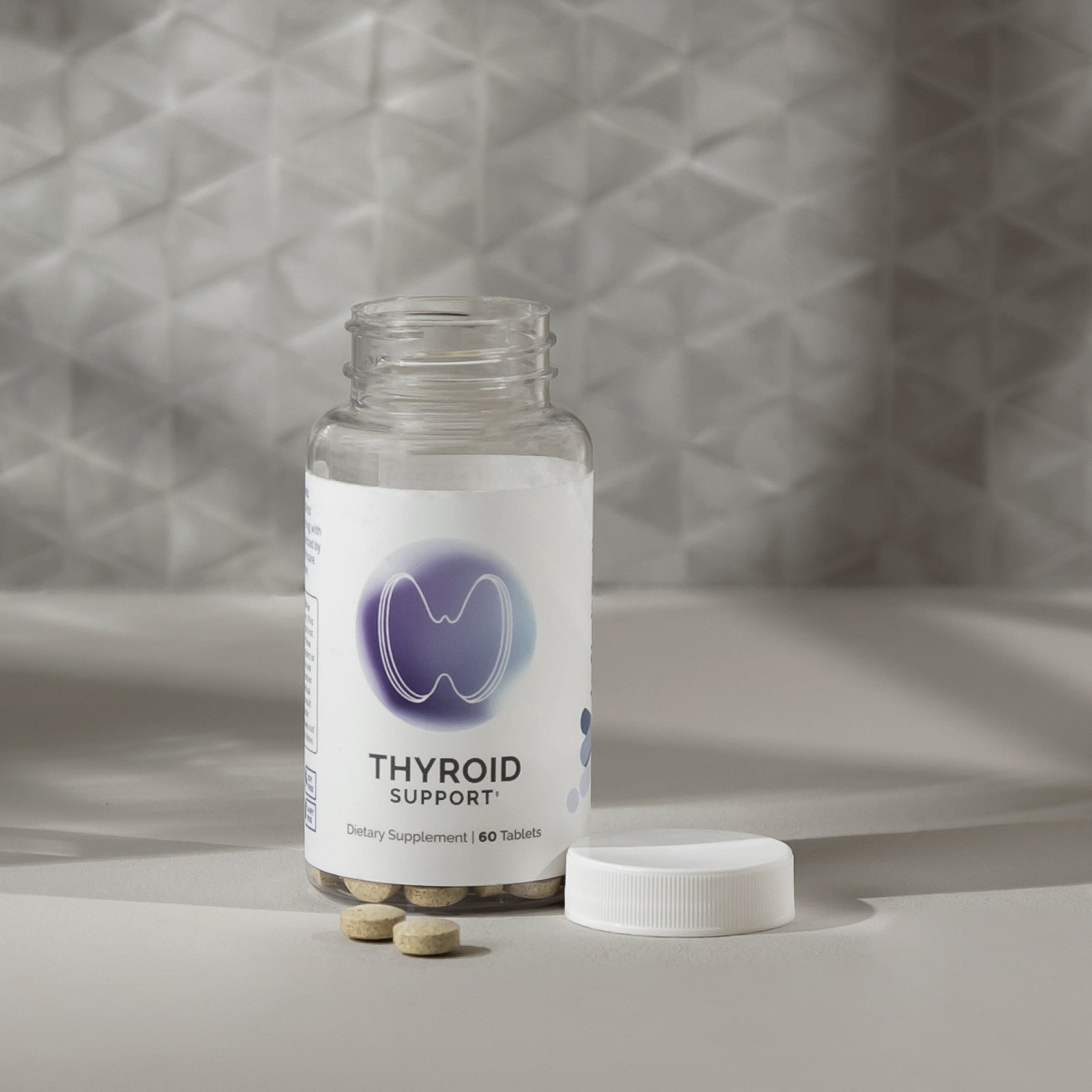Hormone Therapy For Women
Explore hormone therapy for women, including its benefits, risks, and various treatment options that help balance hormones and improve quality of life.
Writer :raveen
Post on :Sept. 27, 2024
Last Update On :Dec. 29, 2024

A Comprehensive Guide to Hormone Therapy for Women
Hormones are the body’s messengers, regulating essential functions such as metabolism, mood, reproductive health, and energy levels. For women, hormone levels naturally fluctuate throughout life, especially during significant stages like puberty, pregnancy, and menopause. These hormonal changes can sometimes lead to unpleasant symptoms and health issues. Hormone therapy for women has emerged as an effective solution for managing these imbalances, enhancing overall well-being, and restoring harmony in the body.
In this blog, we’ll explore the benefits, types, and considerations of hormone therapy for women while providing helpful insights to guide your decisions.
Categories
-
Camera

-
Vitamins and Supplements

-
Bedding

-
Bags

-
HairCare

-
Electronics

-
Games

-
Haircare

-
Fruits And Vegetables

-
Computer Accessories

-
Ebikes

-
Phones

-
Body Jewelery

-
Home Appliances

-
Cars Accessories

-
Pets Gear

-
Footwear

-
Vehicles

-
Sports Equipment

-
Cosmetics

-
Clothings

-
Clothings

-
Bedding

-
Games

-
Gifts

-
Automotive Accessories

-
Bags And Suitcase

-
Water Filters

-
Clothings

-
Saddles

-
Jewelry

-
Kids Clothings

-
Hotel

-
tech

-
Flowers

-
Sports Equipmet

-
Automotive

-
Apparel and Accessories

-
Skincare

-
Home Decor

-
clothing and accessories

-
Health And Wellness

-
Accessories

-
Fitness Equipment

-
Vehicles


